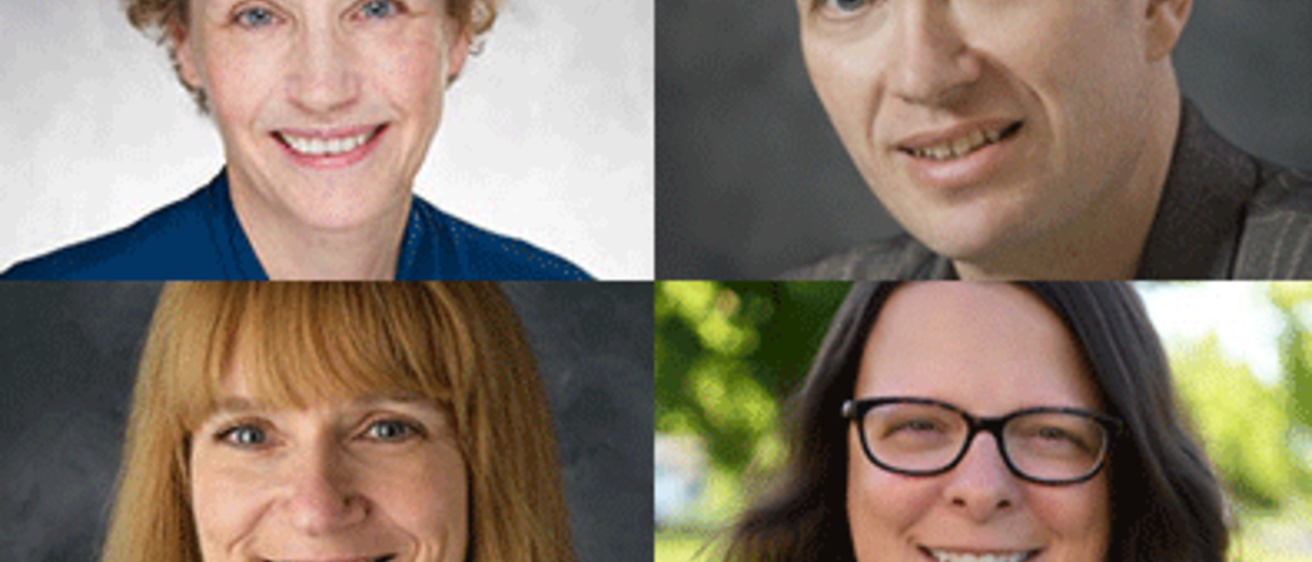Four University of Iowa faculty members—Gail Bishop, Ray Fagenbaum, Cinda Coggins-Mosher, and Amy Strathman—were named winners of the inaugural Hubbard-Walder Award for Excellence in Teaching.
The new award is presented to UI faculty who have participated in a variety of university teaching (undergraduate, graduate or professional, classroom, one-on-one) and have contributed to curriculum and/or program development. Each recipient has a minimum six years of teaching experience at Iowa and will receive a $1,000 honorarium.
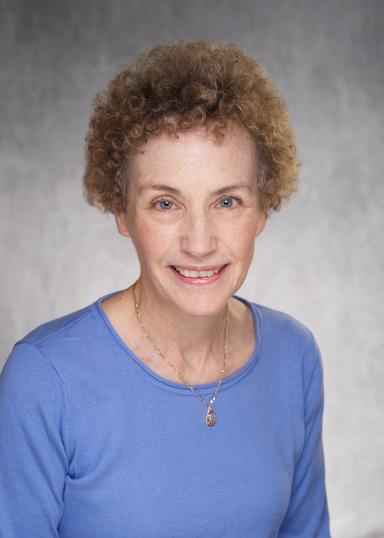
Gail Bishop
Bishop is the Roy J. and Lucille A. Carver College of Medicine Distinguished Professor of Microbiology and Holden Chair of Cancer Biology as well as the associate director for basic science research in the Holden Comprehensive Cancer Center. In her 32-year tenure, Bishop’s high-quality teaching has been consistently praised by students and peers in a variety of areas. Over the last five years, she has taught 13 courses for graduate, medical, and health-professional students while also serving as the course director for Graduate Immunology and Writing a Scientific Proposal. Bishop was part of a small group who developed the Interdisciplinary Graduate Program in Immunology at Iowa and was an integral part of all aspects—overseeing training curriculum, research training, and more. Bishop has mentored 18 students for their research over the last five years and has served on 19 graduate thesis committees. Bishop remains a top-quality educator who has impacted all aspects of teaching.
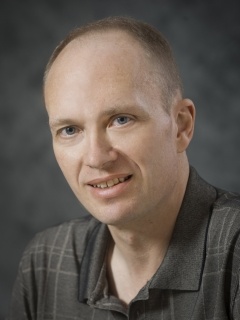
Ray Fagenbaum
Fagenbaum is an associate professor of instruction in the Department of Health and Human Physiology and the faculty director of the International Medicine study abroad program. Over the last few years, Fagenbaum has made tremendous contributions to international education, producing one of the university’s most successful study abroad courses, International Medicine. Previously, the course was taught by a faculty member away from the university, but Fagenbaum stepped in to teach the class in 2018 and took his first group to India where the purpose was to connect students to medical practitioners and patients and examine all aspects of how a health care system works in other countries. In 2019, he took students to the Dominican Republic, and the COVID-19 pandemic closed many borders in 2020 ahead of his third trip. Fagenbaum didn’t waver and was able to pivot his course and offer the class virtually with partners in the Dominican Republic. Fagenbaum plans to return to international travel in 2021 while keeping virtual options for the course. His innovation and adaptability serve as a remarkable example to students and reinforce the university’s commitment to excellence.
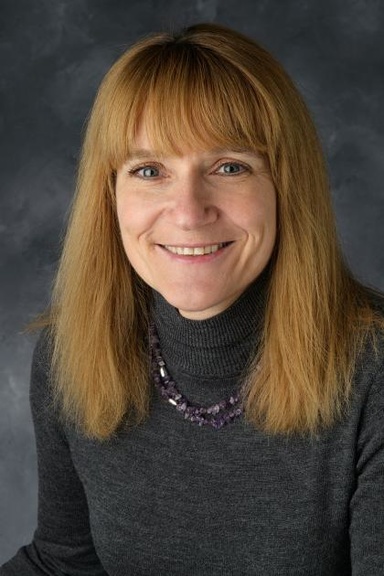
Cinda Coggins-Mosher
Coggins-Mosher is an associate professor of instruction in the Department of Rhetoric. During her more than 20 years as a faculty member, Coggins-Mosher has established herself as one of the university’s best instructors in the classroom and online. Coggins-Mosher consistently scores nearly perfect ACE evaluations from students, receiving higher than 5.7 on a 6-point scale on every evaluation over the last 12 years. She is a pioneer for online learning, having helped develop online courses in the department for 15 years. Thanks to her efforts, the rhetoric department has developed full-scale online versions of its three main courses for undergraduate students. When the COVID-19 pandemic forced many faculty members online, Coggins-Mosher became a valuable resource and her expertise helped smooth the transition to virtual learning for both faculty and students.
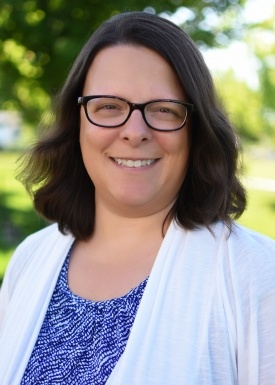
Amy Strathman
Strathman is associate professor of instruction in the Department of Chemistry. Strathman’s role as associate professor of instruction was a new position for the department when she was named to the role in 2017 as she began to lead the Instructional Track Faculty (ITF). Strathman has become the teaching leader of the ITF and a mainstay in the department. ITF plays a critical role in teaching introductory courses General Chemistry I/II and Principles of Chemistry I/II. These courses are complex, have high student enrollment and large teams of teaching assistants, and are continually evolving. Strathman’s work has defined what is expected from the ITF track, as others have begun taking cues from her in developing approaches to teaching on a day-to-day and yearly basis. Strathman also helped pioneer a curriculum redesign of Principles of Chemistry I/II. This project involved integrating a new “chemical thinking” aspect. The project was in development since 2018 and was implemented during the COVID-19 pandemic under Strathman’s leadership. Her leadership has set the example of ITF and tenure-track faculty that will last for many years.
